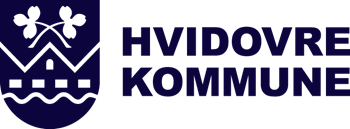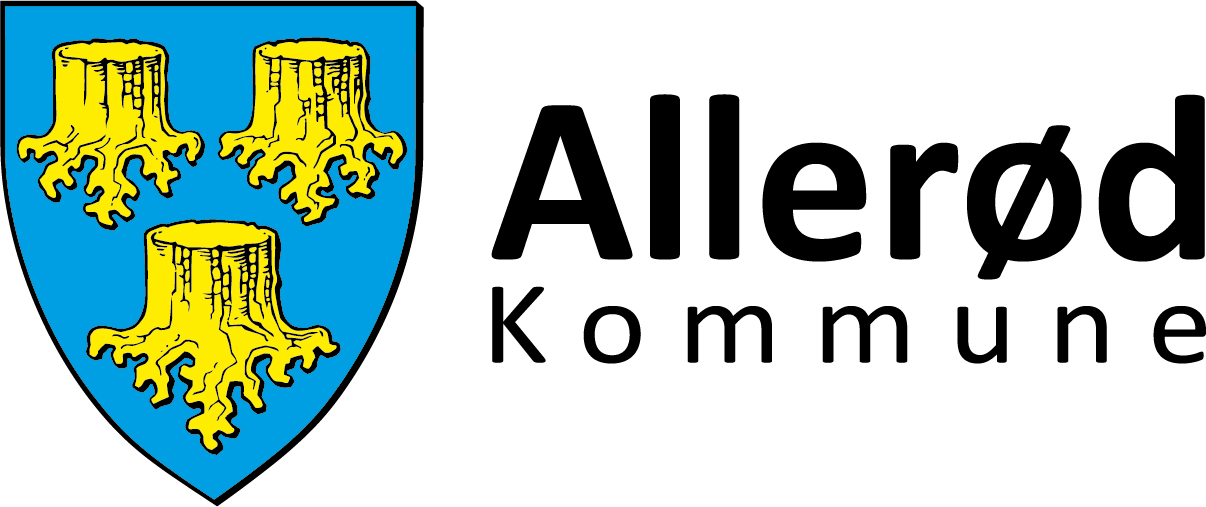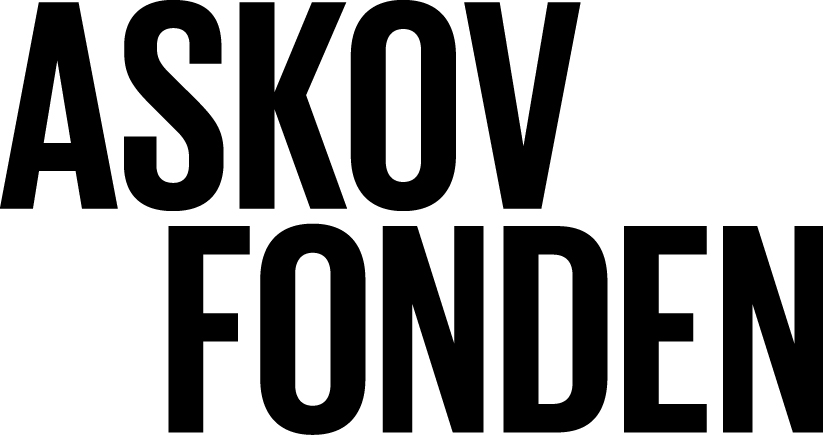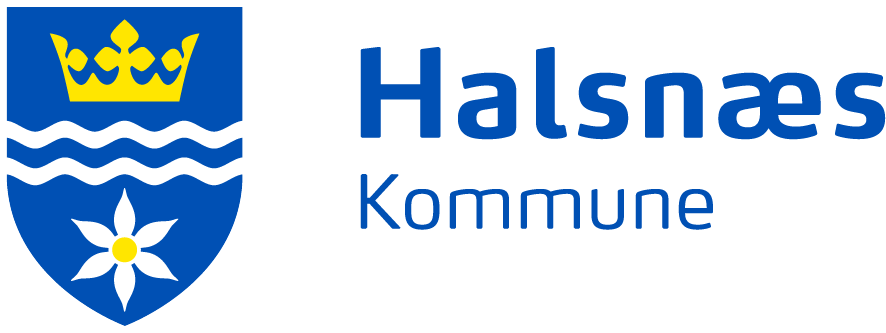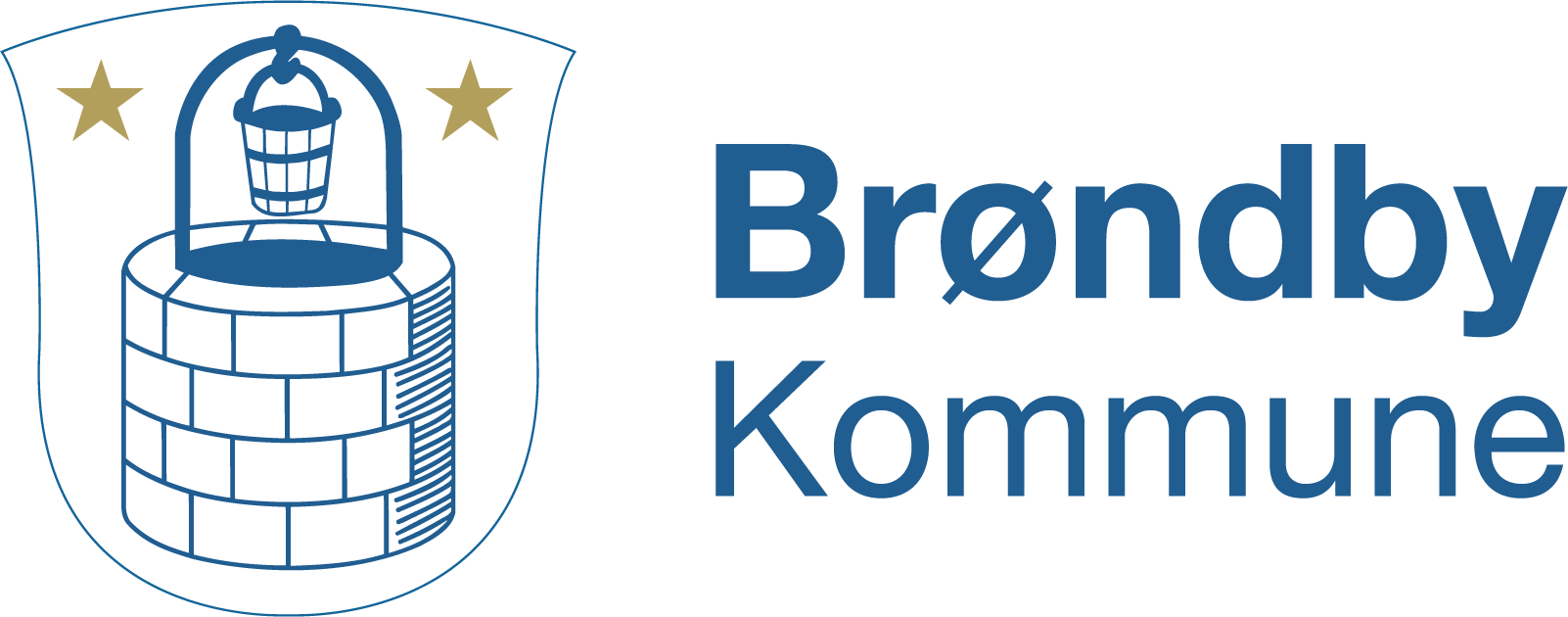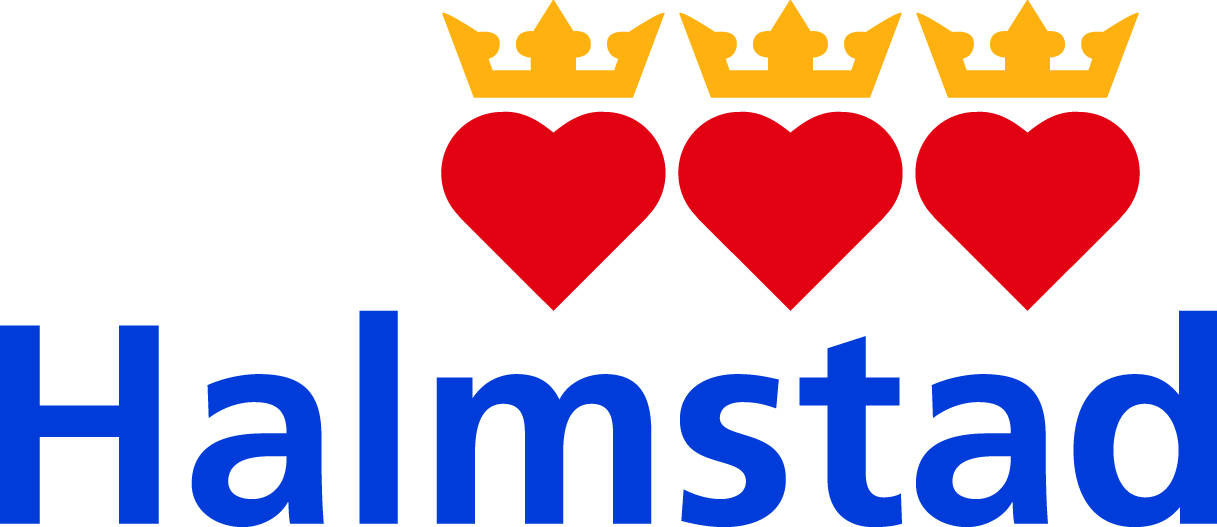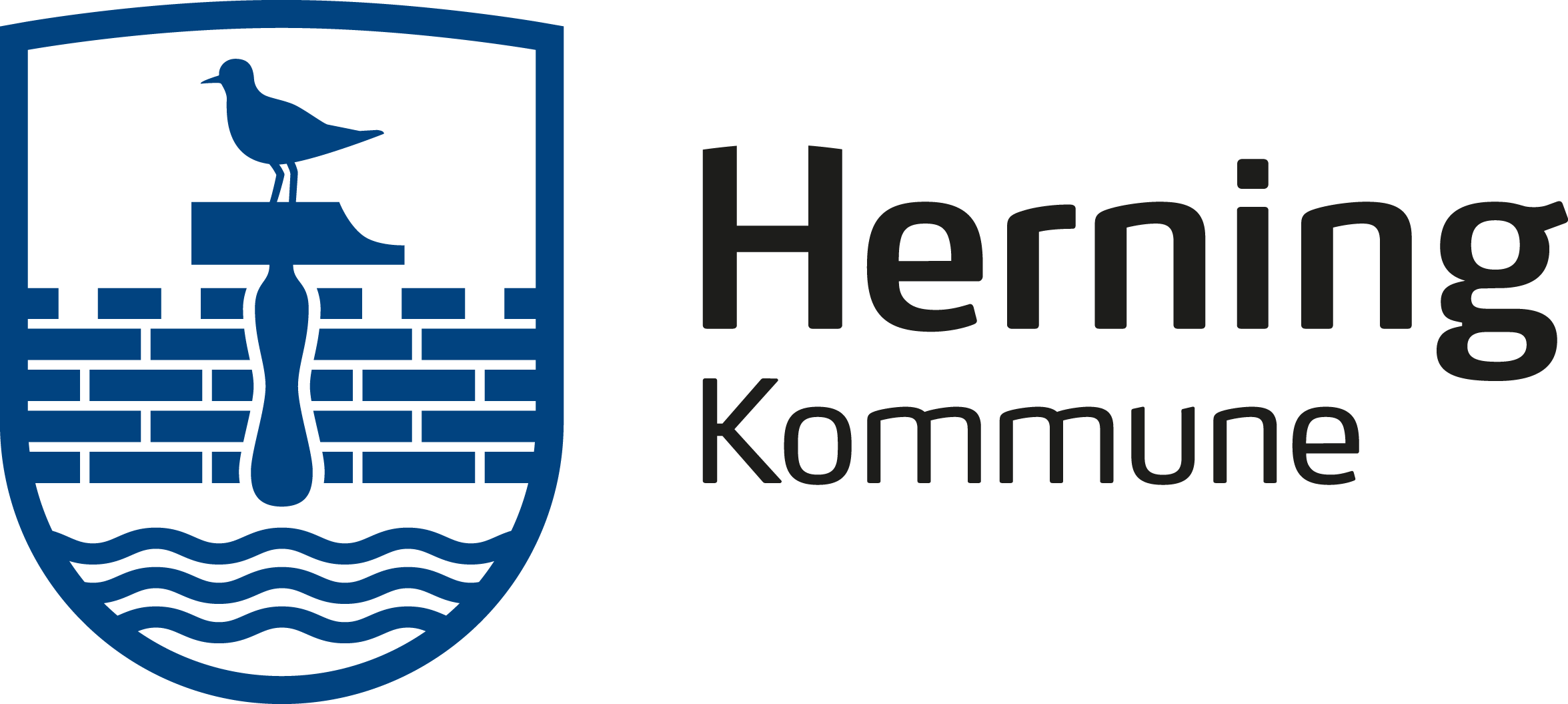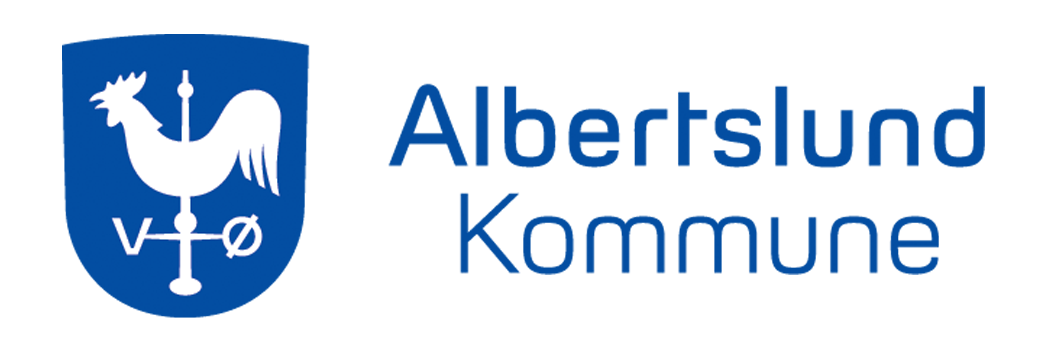Regular audits can help ensure that the organization’s knowledge ethics policies and procedures are being followed. The results of the audits should be used to identify areas the place the framework needs to be strengthened or improved. Combatting this problem requires a conscientious effort at every stage of information handling. It begins with fostering variety within groups liable for accumulating and analyzing information, ensuring that a number of https://forexarticles.net/the-eight-greatest-cloud-integration-platforms-and/ views are considered in decision-making processes. Moreover, implementing rigorous testing across diverse datasets may help determine and mitigate biases.
Information Governance In Organizations: The Key To Higher Information Administration
At its core, data ethics provide tips for navigating the dilemmas posed by knowledge assortment, analysis and dissemination in a rapidly evolving technological panorama. They aim to guarantee that data-driven practices are conducted in a responsible and socially beneficial method. They emphasise the significance of upholding moral standards to promote belief, equity and integrity in data-driven decision-making processes. Moreover, an information ethics framework isn’t just a set of insurance policies and procedures; it’s a culture that must be embraced throughout the organization. This implies that staff at all levels ought to perceive the importance of information ethics and their function in sustaining it. Effective coaching programs might help staff understand the practical implications of information ethics, and common monitoring and evaluation may help ensure that the framework stays effective over time.
- These situations could be developed based mostly on precise incidents that have occurred within the organization or within the industry at large.
- AI-related information dangers are only a subset of broader information ethics concerns, of course, however these numbers are hanging.
- Due to its poor data security insurance policies, Equifax was deemed accountable for this knowledge breach.
- Data ethics refers to the ethical and responsible use of information in numerous contexts, similar to know-how, enterprise, and research.
- The coverage should be communicated to all staff and stakeholders, and must be often reviewed and updated to make certain that it stays related.
Knowledge Privacy Laws: Gdpr, Ccpa, And Past
By contemplating this query beforehand, you can catch any potential occurrences of disparate impression. To defend individuals’ privateness, ensure you’re storing knowledge in a secure database so it doesn’t end up within the incorrect hands. Data security strategies that assist shield privateness embody dual-authentication password protection and file encryption. If you’re contemplating a profession in knowledge science, UNSW’s on-line Master of Data Science offers an excellent path ahead. Depending in your interests and targets, you presumably can specialize in areas similar to machine studying, database systems, or statistics. Organisations should collect and retain solely the minimal data essential for the supposed objective.
As a start, the CEO and other C-suite leaders should also be concerned in defining knowledge rules that give employees a transparent sense of the company’s threshold for threat and which data-related ventures are OK to pursue and which aren’t. Accountability implies that the organization is responsible for the data after it is collected. If there are any breaches, deletions, or leaks, the organization is held accountable for the violation and its penalties for customers. Due to its poor knowledge security insurance policies, Equifax was deemed accountable for this information breach. Provide regular coaching for workers on knowledge ethics rules and their application in day-to-day operations. Training should cover topics similar to privacy, consent, transparency, and the handling of delicate knowledge, guaranteeing that all employees perceive their duties.
However, the collection, storage, processing, and use of information also increase ethical considerations that should be addressed. To be certain that data-related activities align with moral considerations, organizations must outline a set of moral principles that govern how they collect, store, process, and use knowledge. A information ethics framework is a set of principles and guidelines that present a scientific strategy to accountable and ethical use of knowledge. It outlines the important thing values, policies, and procedures that a company ought to follow to make certain that its data-related activities are aligned with moral and authorized issues.
Unauthorised information assortment or sharing can compromise individual privateness, resulting in breaches of confidentiality and potential hurt. Stewardship means information collection and administration should occur in a protected and safe setting. Ethical information management emphasises the importance of safeguarding data towards unauthorised entry, disclosure or misuse, thereby preserving data’s confidentiality, integrity and availability.
They believe companies have an moral responsibility (as well as authorized obligations) to protect customers’ data, defend towards breaches, and be sure that private knowledge are not compromised. It encompasses a broad vary of moral issues surrounding the collection, analysis, and application of knowledge. At its core, knowledge ethics is about ensuring that the ability of information is harnessed responsibly, with respect for particular person rights and societal well-being. The field of information ethics explores these questions and offers 5 guiding ideas for enterprise professionals who deal with knowledge. In an more and more interconnected world, the ethical use of data extends beyond individual organisations to encompass broader societal impacts.
In practice, a considerable amount of information is used for purposes that don’t essentially serve larger pursuits – for instance, to target potential users of services. Transparency builds confidence in data processes and ensures accountability for the consequences of data-driven choices. Here are five reasons why knowledge ethics are so important in the ethical assortment of data and using huge information.
But what’s clear from our analysis is that information ethics needs each more and sustained consideration from all members of the C-suite, including the CEO. Data ethics is the department of ethics that research and evaluates moral problems related to data, algorithms, and corresponding practices. As we navigate this complicated panorama, understanding and implementing robust data ethics principles is essential for people, organizations, and society as a whole. Implementing comprehensive data ethics packages requires significant resources, together with time, money, and experience. Smaller organizations with restricted budgets may battle to allocate the required assets for coaching, auditing, and sustaining compliance with information ethics requirements, potentially leaving them weak to moral lapses.
One multinational financial-services company has developed an effective structure for its information ethics deliberations and choice making. In information management, organizationsmust do what they say they will do—or danger dropping the trust of shoppers and other key stakeholders. As one senior executive pointed out, keeping religion with stakeholders may mean turning down certain contracts if they contradict the organization’s stated knowledge values and commitments. Implementing robust information ethics practices isn’t just a matter of compliance or risk administration – it’s about constructing and sustaining trust. Organizations that prioritize data ethics shall be better positioned to navigate the complex landscape of public opinion, regulatory requirements, and technological change.
When dealt with ethically, data can allow you to make decisions and drive meaningful change at your group and on the earth. It’s not clear from this instance whether or not the disparate impression was intentional or a results of unintentional bias in an algorithm. Either means, it has the potential to do actual injury that disproportionately impacts a selected group of people. For occasion, is it necessary to ask if the participants wrestle with their psychological health?
In conclusion, establishing a data ethics framework is essential for organizations that need to preserve a responsible and ethical strategy to information dealing with. A well-designed framework helps construct trust with stakeholders, mitigates dangers, and ensures that data is utilized in a accountable method. With the rising importance of information in business decision-making, organizations that prioritize knowledge ethics will be better equipped to thrive in the long run.



